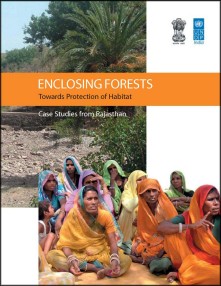Asks how can poor people protect their land rights? Stresses importance of land in the social, economic and political life of Africa and fact that land is contested all over Africa, with women’s rights particularly at risk. Land registration is inaccessible to most. African governments have often muddied the water, with land frequently used to reward political loyalty. The commons are especially important for poorer people, but everywhere are under growing pressure as privatisation and enclosure continue.




